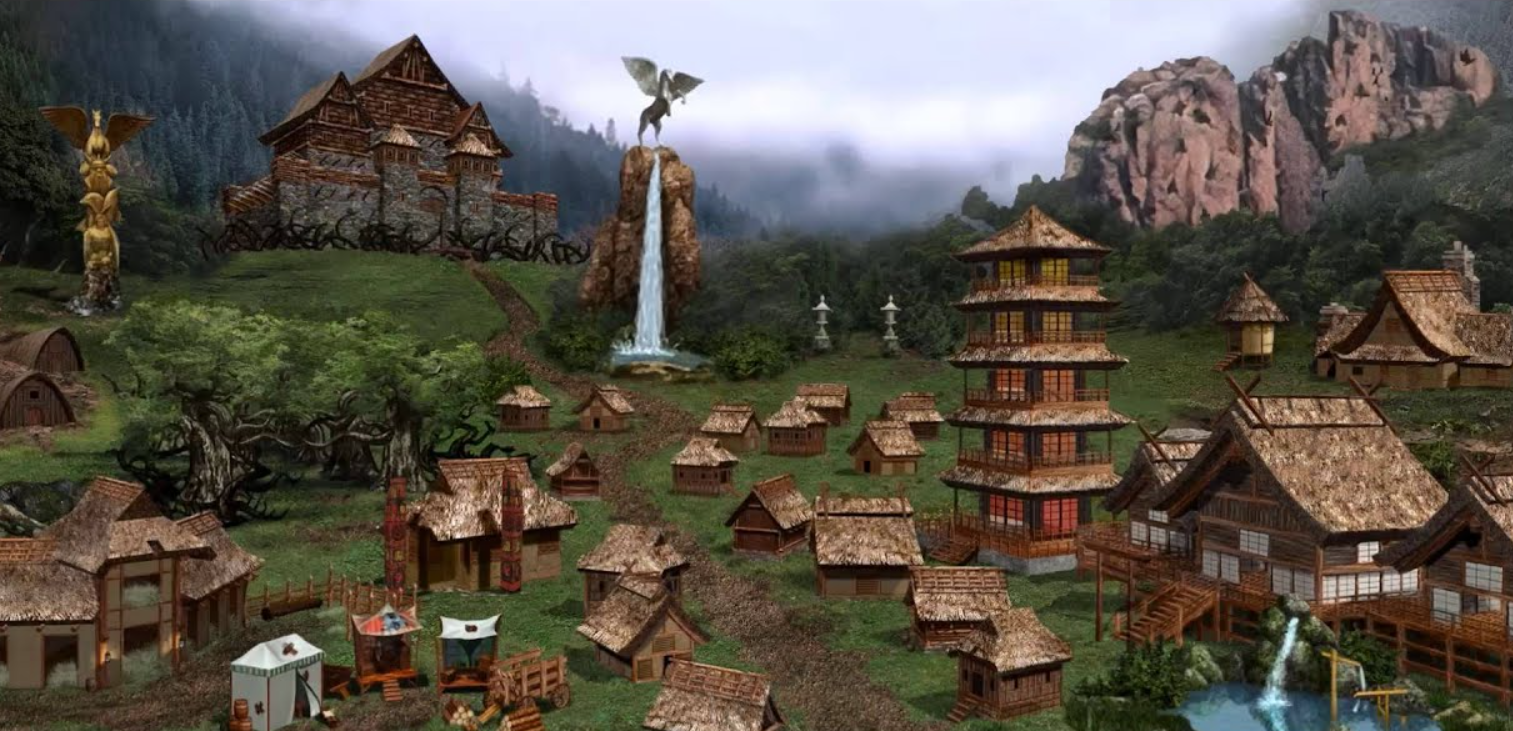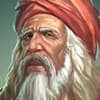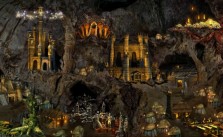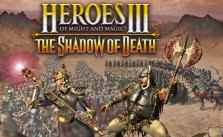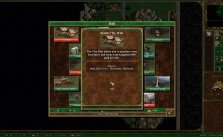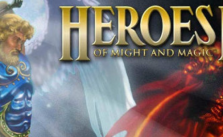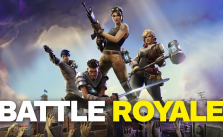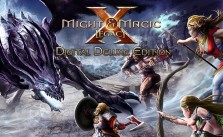Top 5 Best Similar Games like Heroes of Might and Magic III
Heroes of Might and Magic III is undoubtedly one of the most successful and unique turn-based games ever made. This article contains a list of video games similar to Heroes of Might and Magic III.
Fallen Enchantress
Fallen Enchantress is a large-scale fantasy strategy game in which you can recruit heroes, undertake quests, train armies, build cities, and form alliances. The map generator is a useful feature that lets you create a new world each time you play. You may also create your own worlds with the help of editing tools. Remember that the game may seem overwhelming at first, and that understanding all of the concepts may be challenging, but don’t let that discourage you. You will surely become a professional player in a short time. Positive reviews abound, with some even claiming that they prefer Fallen Enchantress to Heroes games.
King’s Bounty The Legend
King’s Bounty The Legend is a proud owner of very positive reviews on Steam, and I can confirm that – it is an excellent game to play for a fan of Heroes of Might and Magic. As we are used to, the gameplay is divided into two major sections: adventure mode and battle mode. Battles take place on land or sea, in dungeons, castles, or even in some items! The hero does not participate in combat but can assist his troops by casting spells or summoning different creatures.
Also, keep in mind that King’s Bounty has many expansions and stand-alone DLCs released, so many hours of playtime await you if you choose this game to kill your time.
King’s Bounty 2
King’s Bounty 2 has taken a giant step away from the template set by its predecessors and completely replaced the campaign elements. Whether this is a hit or a miss is likely to deviate from player to player, though at least the battles continue to carry on the legacy of the venerable series. Our tale begins with the most classic of choices: warrior, paladin, and mage. Though choosing your class has always had a significant impact on gameplay, King’s Bounty 2 offers three entirely different characters representing each class.
King’s Bounty 2 leans away from its heritage and breaks out a new gameplay style for the campaign portion of the title. Instead of moving around on an overland campaign map in a way most famously recognized as the Heroes of Might & Magic method, King’s Bounty 2 has us take a third-person view of the shoulder of our hero. This gives the experience overall far more of an RPG feel than a strategy one. If you’re picturing something like Skyrim but with a bit more jank and battles that break away into turn-based tactical battlefields with multiple units per army, you’re probably not too far off.
Your hero plays a significant role on the field of battle even if they don’t hop in swinging their sword alongside the rest of their followers. Though you can only bring in five units, your leadership skill determines how large each unit stack can be. The paladin has a talent for leading the largest stacks, the warrior provides the most significant attribute boosts, and the mage forgoes having as impressive of an army so that they can throw a variety of powerful spells into the mix. Heroes share a generic skill tree, though your choices along the way unlock tiers via an alignment system between anarchy/order and finesse/power.
Age of Wonders III
It isn’t easy to follow up a classic. It always feels like something is lost when a great game from years ago is brought into the modern age. Things get prettier, bigger, and more streamlined, but it often feels like some essential chemistry is lost. Some blame nostalgia; others write the developers as appealing to the largest audience or the lowest common denominator. Sequels always lose something.
Each unit is deeply well-crafted and unique, even when comparing racial units of the same role. The attention to synergy is unmatched, both between units of the same race and in the way that race and class combine to make a whole. Leveling up provides interesting new abilities that synergize instead of simply providing better stats.
This game has a lot of everything, and all of it affects everything else. You’ll build cities, research and cast spells, and train units. You’ll command armies on the beautiful strategic map, and when you explore dungeons or fight another army, you’ll go down to fight on equally beautiful tilesets. Tactical combat is reasonably simple but very deep. This game has not been casualized. The A.I. is maddeningly clever, and you won’t take this statement seriously until you’ve experienced it. You’ll fight skirmishes in the woods with bandits, and you’ll fight in truly massive sieges to conquer cities. Your heroes will explore dungeons, find and equip items, and lead your armies into battle.
Endless Legend
Endless Legend is 4X turn-based strategy with tactical battles and some RPG elements. The main focus is strategy, particularly expanding your empire and developing your cities. As the cities control the whole region, they are built in. As the expansion is limited in the early game (partially due to increasing disapproval among your citizens if you expand too much and partially due to high early game settler cost), you must plan which regions to colonize first. And as the population of your cities grows, you can expand them, transforming them from small settlements into megapolises that span entire regions.
Tactical combat isn’t as good as in other games that focus more on it, but it’s still decent enough. The interesting aspect is that while units act in combat, all orders are given at the beginning of each combat turn without knowing how enemies will act, which can make combat unpredictable. Whether it is a good or bad thing depends on whether you enjoy an extra challenge or get frustrated by the randomness of battles. If you don’t want to engage in tactical combat, the game allows automatic resolution for all battles, often satisfactory results.
Finally, Endless Legend includes RPG elements such as the ability to recruit heroes from an extensive list who can either serve as city governors or command armies (and in addition to granting bonuses to an army fighting in combat themselves as well). Heroes level up as they fight or rule cities, increasing not only their combat stats but also allowing you to choose their level-up bonuses, with each faction’s heroes having their own set of skills to choose from.

